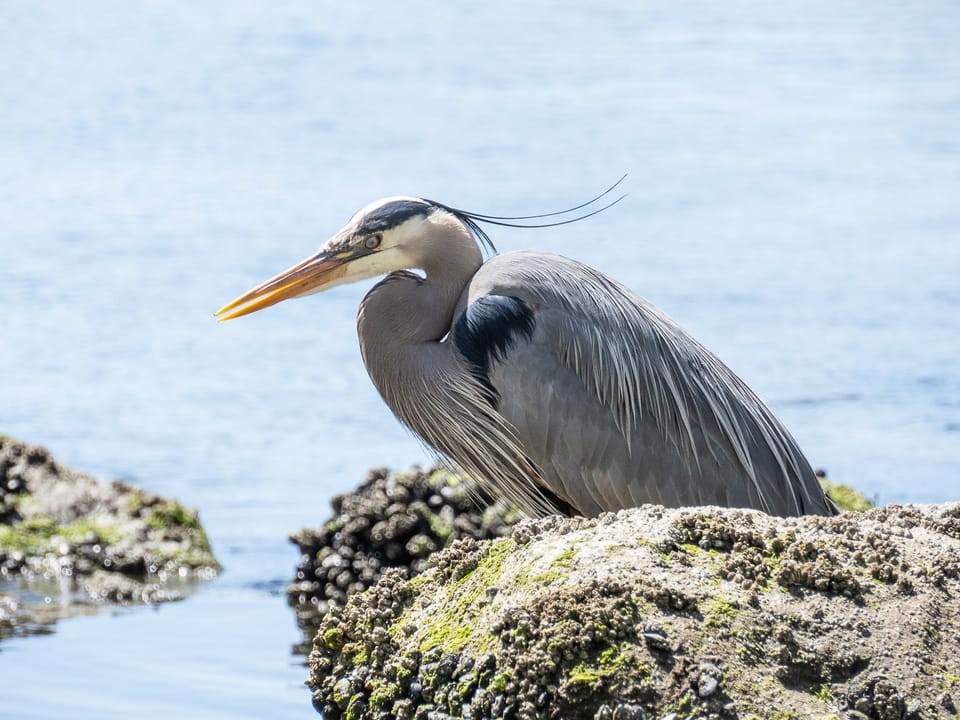EcoWest News, May 31, 2022

Welcome to EcoWest News, a weekly round-up of news and resources that you can put to use in addressing environmental issues and protecting the wild in your community.
Across the West
Today’s large farm equipment is so heavy that it’s irreparably compacting the soil, cutting plant growth and harvests and increasing the risk of flooding. [Modern Farmer]
A solar flower is providing power and educational opportunities to a Saskatoon high school. [CBC Saskatchewan]
High River, AB, is the first municipality to endorse a community-developed policy calling for a permanent ban on new coal exploration and development in the Rocky Mountains. [CTV News, Calgary]
Friends of Fish Creek (Calgary) are using digital mapping to track environmental conditions within the park, direct volunteers to areas where they are needed to wrap trees or pull invasive species, and engage volunteers in collecting data. [Land Stewardship Centre]
Alberta Bats has published a brochure on Bat-Friendly Farming listing the benefits and best practices.
“Coexistence [with bears] is not straightforward. For one thing, it requires practical measures to make it work, community by community. For another, it means untangling the complex personal emotions we feel when we share space with big predators.” [Canadian Geographic]
There’s a sense of ownership when you visit an urban forest or park. You’re not a tourist; it’s part of your neighbourhood. [The Tyee]
Mining disasters have long-lasting impacts on land, water, and living creatures.[CBC British Columbia]
Oak Bay, BC, is cutting noise pollution and energy consumption by phasing out gas-powered gardening tools [CBC British Columbia]
Across Canada
An absence of federal or provincial rules for EV charging in Canada’s condos, apartment buildings, strata, or townhomes punts the issue to municipalities and leaves many owners to fend for themselves. [Electric Autonomy]
Around the World
Washington, DC, plans to charge large truck drivers an annual $500 vehicle registration fee as a disincentive. Large vehicles increase the likelihood of killing pedestrians and cause more pollution. [Planetizen]
Ikea has found a way to make deliveries using electric vehicles, despite the fact that it doesn’t own its own fleet of trucks. [Pembina Institute]
“Tackling only greenhouse gas emissions from fossil fuel sources will not solve the climate crisis … To slow warming in the near-term and reduce suffering from the ever-increasing heatwaves, droughts, superstorms and fires, we need to also reduce short-lived climate pollutants [methane, black carbon soot, ground level ozone, and hydrofluorocarbon refrigerants] this decade.” [Anthropocene]
Research Matters
Net-Zero Opportunities: A Province-by-Province Comparison, the Canadian Climate Institute’s latest report, looks at how individual provinces are progressing toward a low-carbon future. BC has private sector momentum in various transition markets, a supportive policy environment, and ongoing government investment. Alberta has natural resources, a skilled workforce, and is making progress on decarbonizing some sectors. Manitoba’s low-cost hydroelectricity offers the province a competitive advantage, while Saskatchewan has potential in areas such as transition minerals but needs more focused policy and investment. [Canadian Climate Institute]
Nature’s Wonders
Wandering salamanders leap into the air, falling like experienced skydivers, and guiding their descent from tree to tree in BC’s redwood forests. [CBC Radio]
A rare American badger with young kits is living on a lot in a Williams Lake neighbourhood. [West Coast Traveller]
Goodyear is counting on dandelions as a domestic source of rubber. [Modern Farmer]
Photo credit: https://www.flickr.com/photos/apmckinlay/52109091465/
If you enjoy reading EcoWest News, please share it with your friends!
EcoFriendly West informs and encourages initiatives that support Western Canada’s natural environment. Like us on Facebook, follow us on Twitter, or subscribe by email.

Member discussion